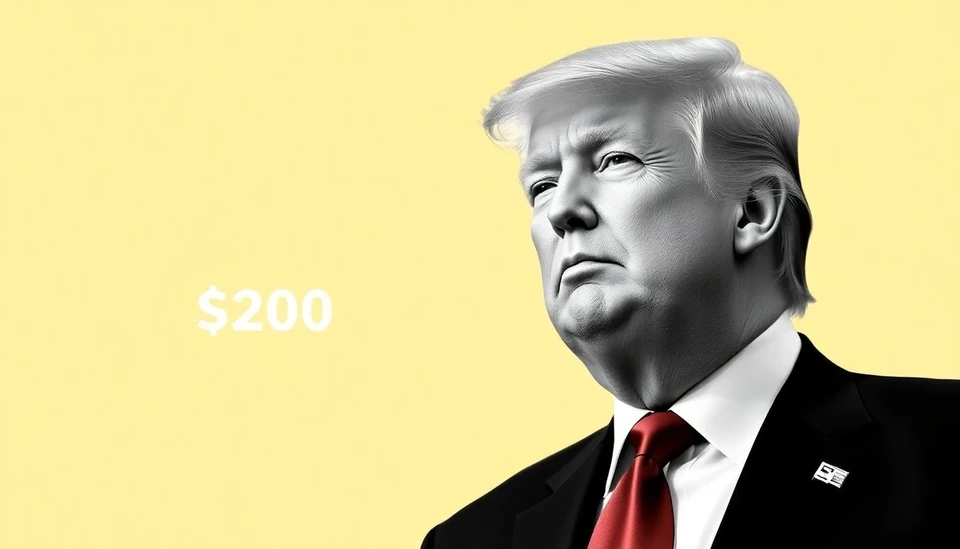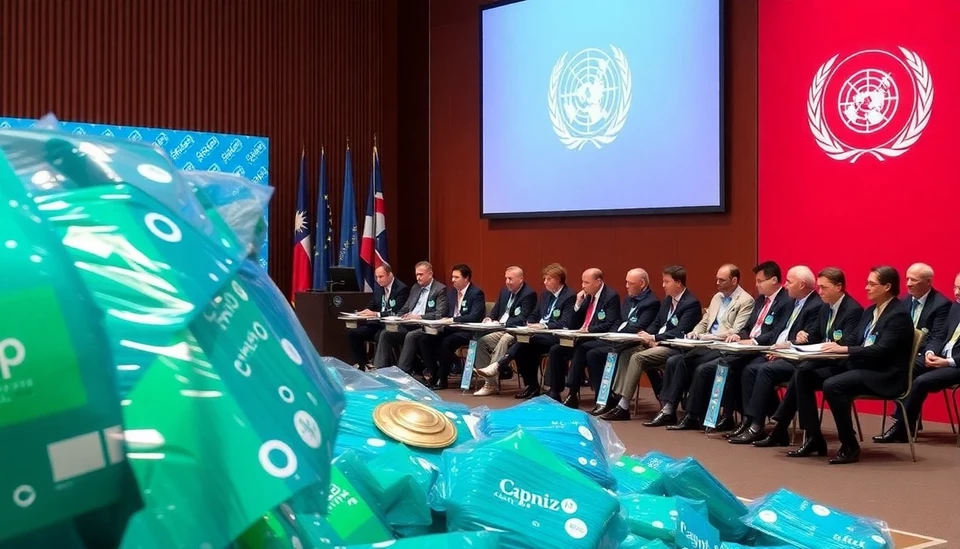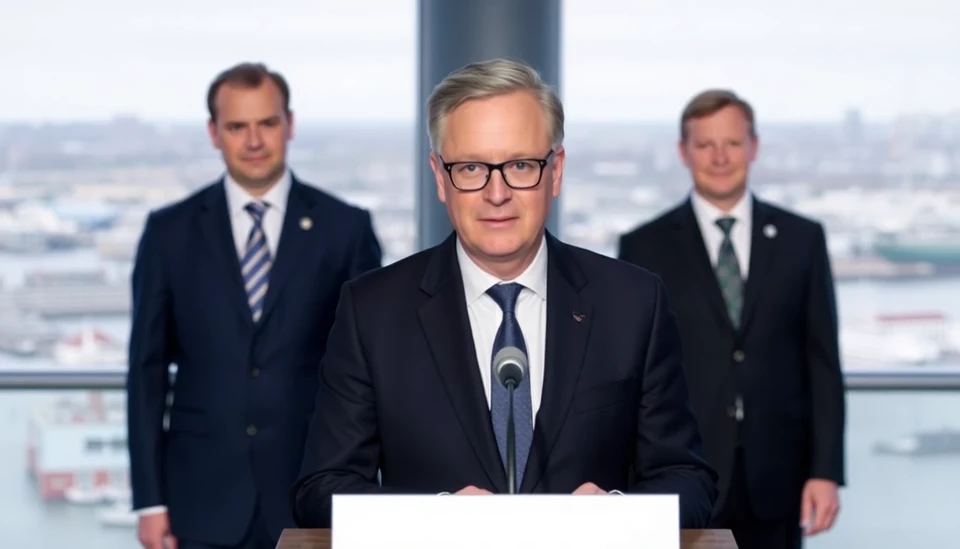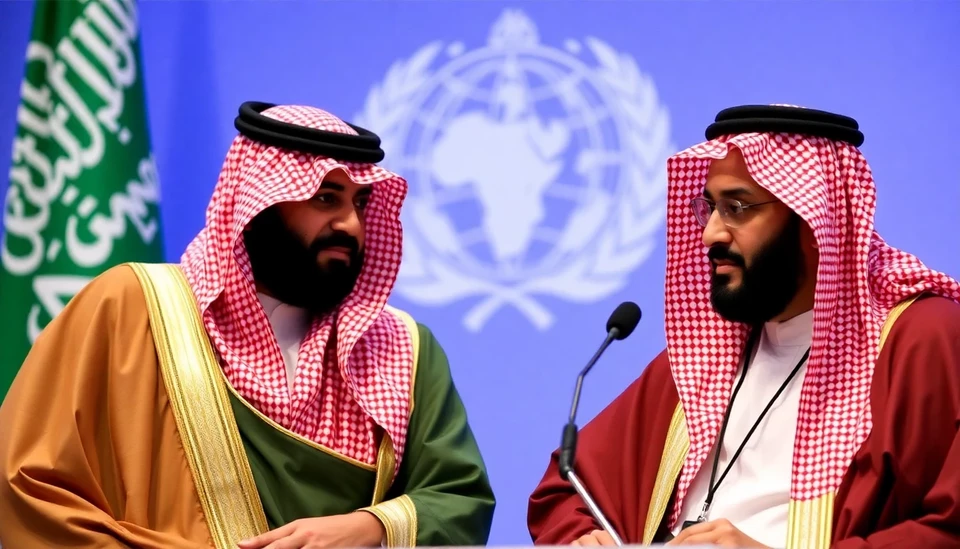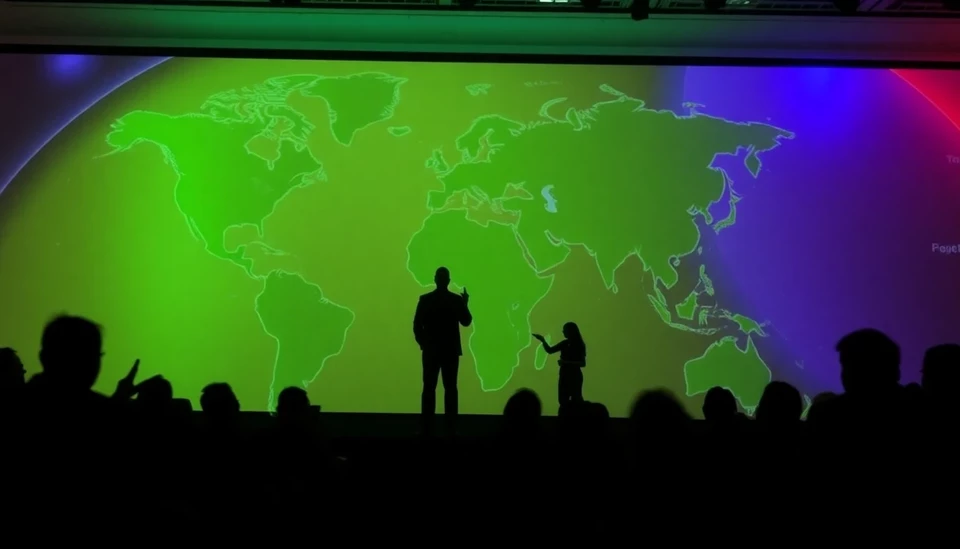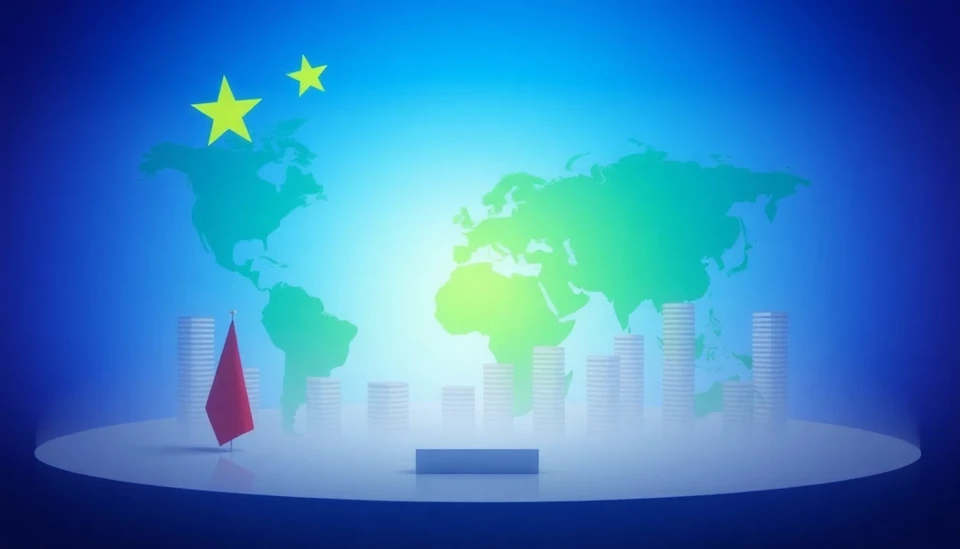
The climate finance discussions at COP29 are intensifying as nations prepare to address the pressing issues of sustainable funding in the battle against climate change. Among the key players in these negotiations is China, which has come under scrutiny for its stance on financial commitments and responsibilities.
As the world's largest emitter of greenhouse gases, China's role in global climate negotiations has become increasingly significant. At COP29, China is facing pressure from both developing and developed nations to play a more proactive role in climate finance. This comes in the wake of criticisms regarding its investments in fossil fuel projects abroad, which are in direct contrast to global climate goals.
During the preliminary discussions at COP29, Chinese officials outlined their position, stating a commitment to "climate justice" and highlighting the need for developed countries to take the lead in providing financial support to developing nations. China emphasizes that its current economic status and challenges should exempt it from certain financial obligations that were established under earlier climate agreements.
China's approach involves advocating for enhanced financial mechanisms that allow for more flexible and accessible funding options. This includes pushing for reforms in the Green Climate Fund, which has been a critical source of financing for climate-related projects in developing countries. Furthermore, China is calling for greater transparency and accountability in the disbursement of climate funds, primarily to ensure that the money reaches the intended projects and communities most affected by climate change.
However, China's position is met with skepticism. Developed nations are calling for a stronger commitment from Beijing to contribute to the climate fund and to adhere to emission reduction targets. Some experts argue that China's reluctance to commit financially may hinder progress at the COP29 discussions, as it sets a precedent for other developing nations to follow suit in seeking exemptions.
Despite the challenges, there are signs of potential compromise. Negotiators believe that if the financing mechanisms are restructured to be more favorable to developing nations, China might agree to a phased increase in its financial contributions over the coming years. Discussions are ongoing, and there is hope for a breakthrough that could set a cooperative tone for COP29.
The outcome of these negotiations will not only impact the future of China’s climate commitments but also the overall success of global initiatives aimed at combating climate change. As stakeholders continue to engage in discussions, the world watches closely to see if a consensus can be reached that balances the financial responsibilities between developed and developing countries effectively.
As COP29 unfolds, the complexity of climate finance negotiations serves as a lens through which the broader battle against climate change is viewed. The stakes are high, and the coming days will be crucial as countries work to align their interests and commitments in this vital global effort.
In conclusion, China's position in COP29 highlights the delicate balance between economic growth and environmental responsibility, offering a critical insight into the future of international climate negotiations.
#COP29 #ClimateFinance #China #ClimateChange #GreenClimateFund #Negotiations #GlobalWarming #Sustainability
Author: Megan Clarke
